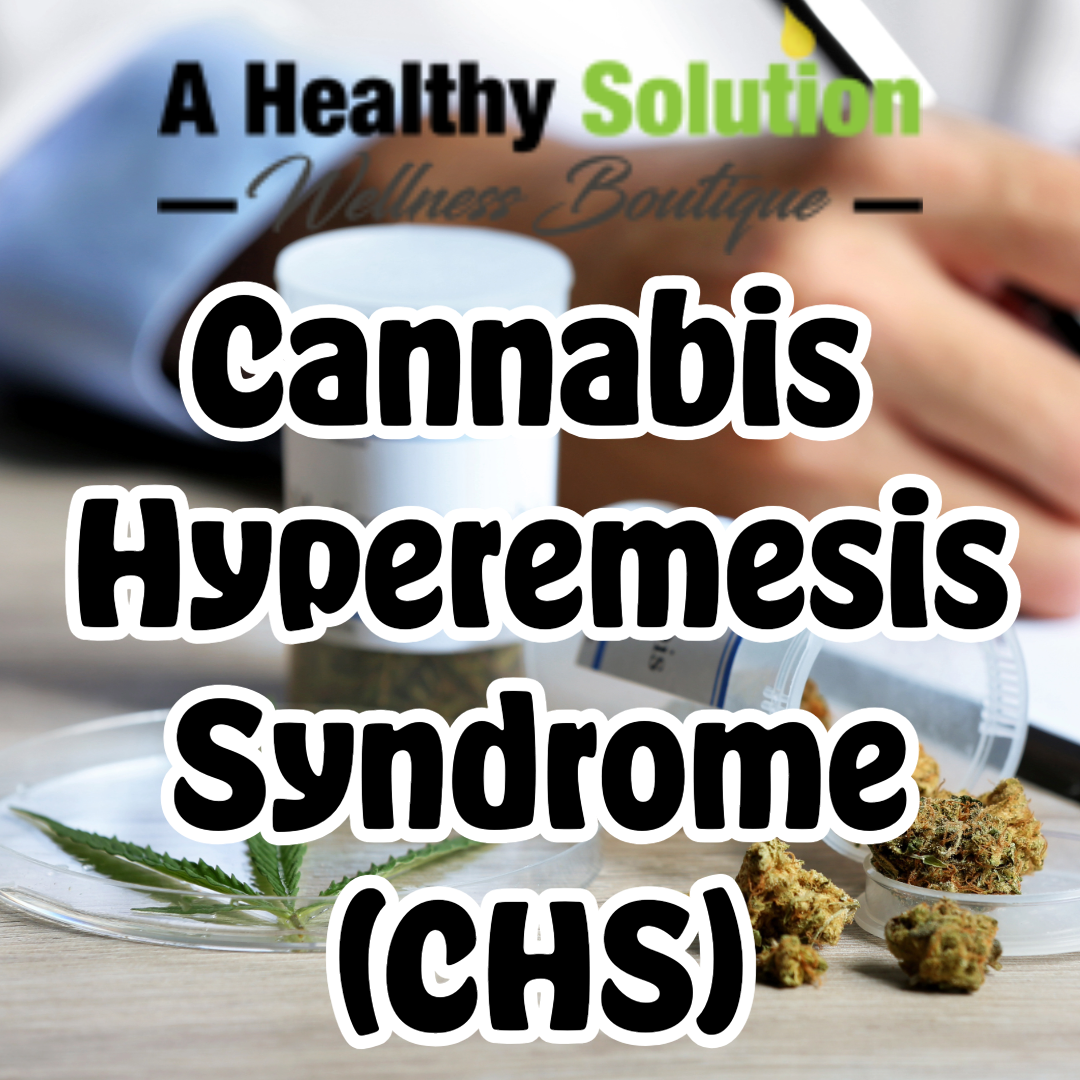Introduction to CBD
Cannabidiol (CBD) is a naturally occurring compound found in the cannabis plant. Unlike tetrahydrocannabinol (THC), CBD is non psychoactive, meaning it doesn’t produce the “elevation” associated with cannabis. Instead, it offers potential therapeutic benefits,
including pain relief, reduced inflammation, and muscle relaxation. For individuals undergoing neck infusion treatments, CBD has been explored as a complementary remedy to alleviate discomfort and promote healing.
Understanding Neck Infusion Treatments
Neck infusion refers to the administration of medications, such as steroids, anesthetics, or biologics, directly into the neck to address chronic pain, nerve issues, or post-surgical recovery. This treatment is commonly used for conditions like cervical disc herniation, spinal stenosis, or nerve compression. While effective, neck infusion can cause temporary discomfort, inflammation, or soreness. Patients often seek additional ways to manage pain and support recovery, and CBD has emerged as a promising option.
How CBD Works in the Body
CBD interacts with the body’s endocannabinoid system (ECS), which regulates pain, inflammation, and immune responses. The ECS has cannabinoid receptors that influence how we perceive pain and inflammation. By stimulating these receptors, CBD may help in reducing pain and improving overall well-being without the side effects associated with conventional pain medications.
Potential Benefits of CBD for Neck Infusion Recovery
1. Pain Relief
CBD has been widely studied for its pain-relieving properties. By interacting with ECS receptors, CBD may help decrease the discomfort associated with neck infusion treatments, reducing reliance on opioids or NSAIDs.
2. Reduction in Inflammation
One of CBD’s most well-documented benefits is its ability to reduce inflammation. After a neck infusion, localized swelling or irritation can occur. CBD may help mitigate this inflammation by inhibiting the production of pro-inflammatory compounds, leading to quicker recovery.
3. Muscle Relaxation
Tension and stiffness in the neck muscles are common after infusion procedures. CBD’s muscle-relaxant properties can help alleviate spasms and tightness, making movement easier and reducing discomfort.
4. Improved Sleep and Relaxation
Recovery often requires adequate rest, but pain and discomfort can make sleeping difficult. CBD has been shown to improve sleep quality by promoting relaxation and reducing anxiety, helping patients recover more efficiently.
Methods of Using CBD for Neck Infusion Recovery
CBD is available in various forms, allowing users to choose the method that best suits their needs:
• CBD Oils and Tinctures: These are taken sublingually (under the tongue) for quick absorption into the bloodstream.
• Topical CBD Creams and Balms: Applied directly to the affected area, topicals provide targeted relief for localized pain and inflammation.
• CBD Capsules and Edibles: These offer long-lasting effects but take longer to work as they go through digestion.
• CBD Patches: A convenient, slow-release option for continuous pain relief.
Safety and Considerations
While CBD is generally well-tolerated, it’s essential to consult a healthcare provider before using it, especially if you’re undergoing medical treatments like neck infusion. Potential side effects of CBD may include drowsiness, dry mouth, and interactions with other medications.
Signs to Watch For: Excessive drowsiness, fatigue, difficulty staying awake, slowed reaction times, easy bruising, irregular heartbeat, signs of infection, reduced therapeutic effects, nausea, and abdominal pain.
Why It Happens: CBD can enhance the sedative effects of these medications, potentially leading to excessive relaxation or even dangerous levels of drowsiness.
Conclusion
CBD presents a natural and promising option for managing pain, inflammation, and discomfort associated with neck infusion treatments. Whether used as a topical application, oil, or supplement, CBD may enhance recovery and improve overall comfort. However, before incorporating CBD into your treatment plan, it’s crucial to discuss it with your healthcare provider to ensure safety and effectiveness.
A Healthy Solutions recommends….
3000mg CBD tincture – A high-potency cannabidiol (CBD) oil designed for those who need stronger effects for relief and wellness.
Always start with a small dose and adjust as needed.
Alternating Kratom – A plant which Its leaves contain active compounds like mitragynine and 7-hydroxymitragynine, which interact with opioid receptors in the brain, producing pain-relieving and mood-enhancing effects.
⚠ Caution: Kratom has opioid-like effects and can be addictive if misused. It may cause side effects like nausea, dizziness, or dependency. Always start with a low dose and consult a healthcare professional if needed.






Leave A Comment
You must be logged in to post a comment.